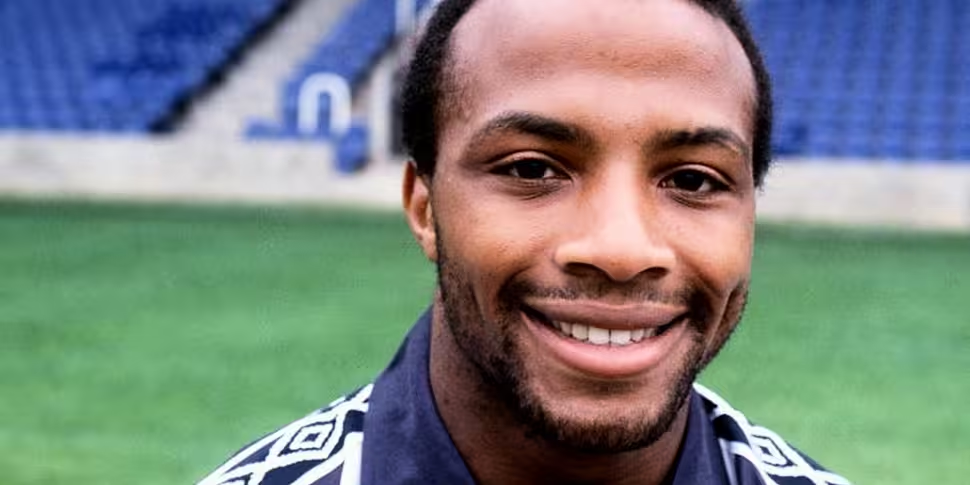On Monday, Cyrille Regis, one of the pioneering figures in English football passed away aged 59.
A member of West Bromwich Albion's fabled 'Three Degrees' - three black players who represented the club together with distinction while facing overt racism from the crowds - Regis meant so much to so many, particularly the generations of footballers who followed in his footsteps.
Along with Regis and the late Laurie Cunningham, Brendon Batson formed one-third of the Three Degrees and he joined Joe and Kevin, who was coached by Regis at West Brom in the '90s, to pay tribute to his late friend and team-mate.
"We were very much in touch and in sadly we were due to meet yesterday. It would have been the first time I'd seen him this year. We were due to meet yesterday at the club," said Batson.
"So it was a real shock. We were all still quite numb about it and we can't quite believe this happened to such a fantastic guy."

Brendon Batson. Joe Giddens/EMPICS Sport
Remembering Regis, he recalled a player that "played with a smile on his face" and also a "warm, engaging character" off the field.
"When he was on the move his strength was immense," said Batson of a footballer who possessed both pace and power.
"One of his sayings was you just have to hurt people with his ability; any sort of negative aspect against him, he would use as a positive and try and hurt them with his ability.
"I think that's why players, even his opponents, liked Cyrille because there wasn't a violent streak in him. But he was very, very competitive. You knew you were in a scrap when you played against Cyrille Regis. But he had this way about him, this manner about him that he was almost unflappable."
That ability to retain composure was also a feature as Regis, Batson and Cunningham dealt with the virulent racism that emanated towards them from the terraces.
"We laughed about some of the racist letters we were getting. The one that's been talked about most recently is Cyrille receiving a bullet in the post, saying that if he put on an England shirt and stepped out onto the Wembley turf, 'this is for you'.
"We didn't really talk about it too much. One of the things we felt and certainly I felt it, was that we were never going to get driven away from our chosen profession. We were never going to become intimidated. Our attitude was, 'We'll see you next week, next month, next year' and I think that prevailed."
He added that the thing that really makes him sad about their experience was the fact that racism from the stands meant that few black supporters were able to attend games, which has also had a knock on effect even to the present day, as well as the indifference at the time from TV coverage of games.













